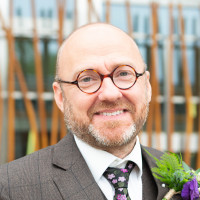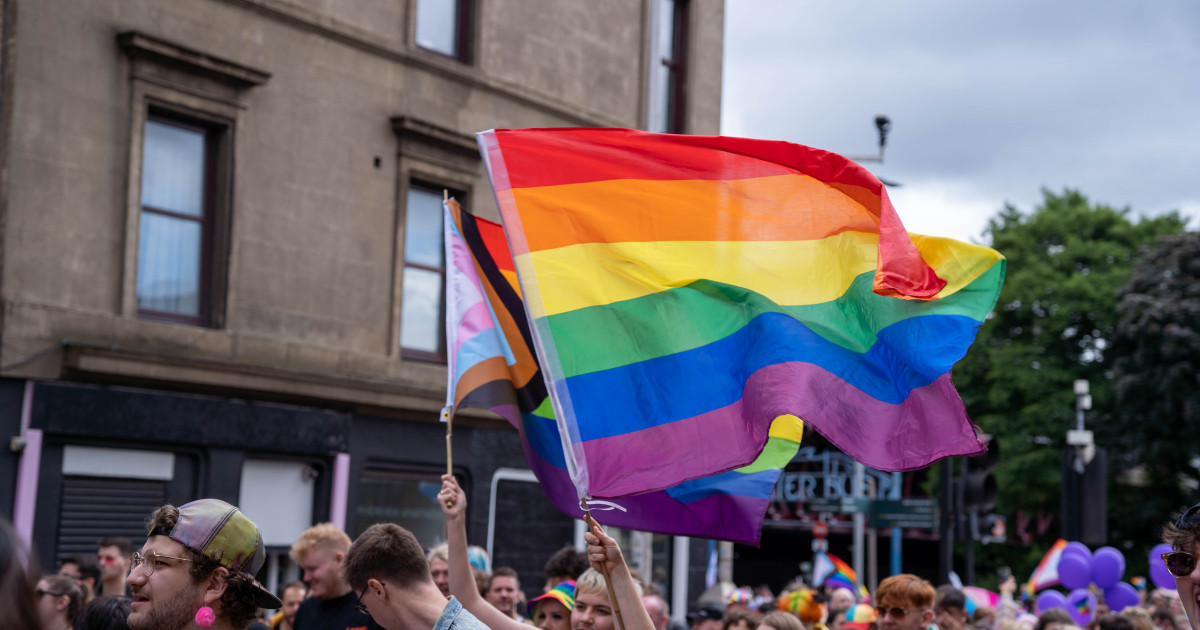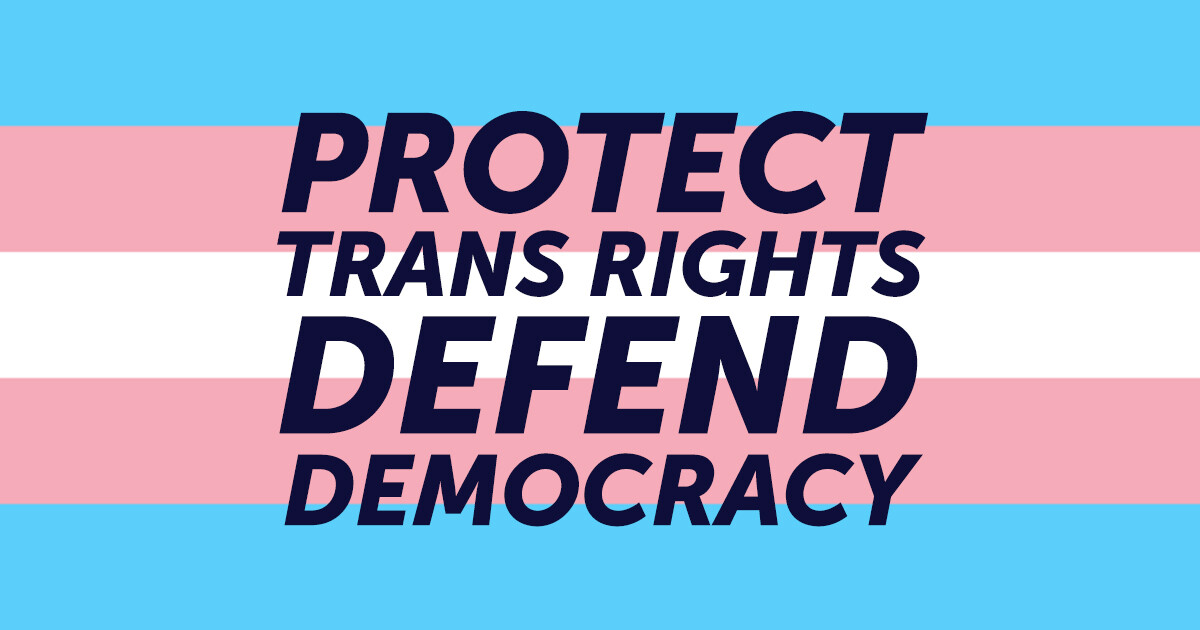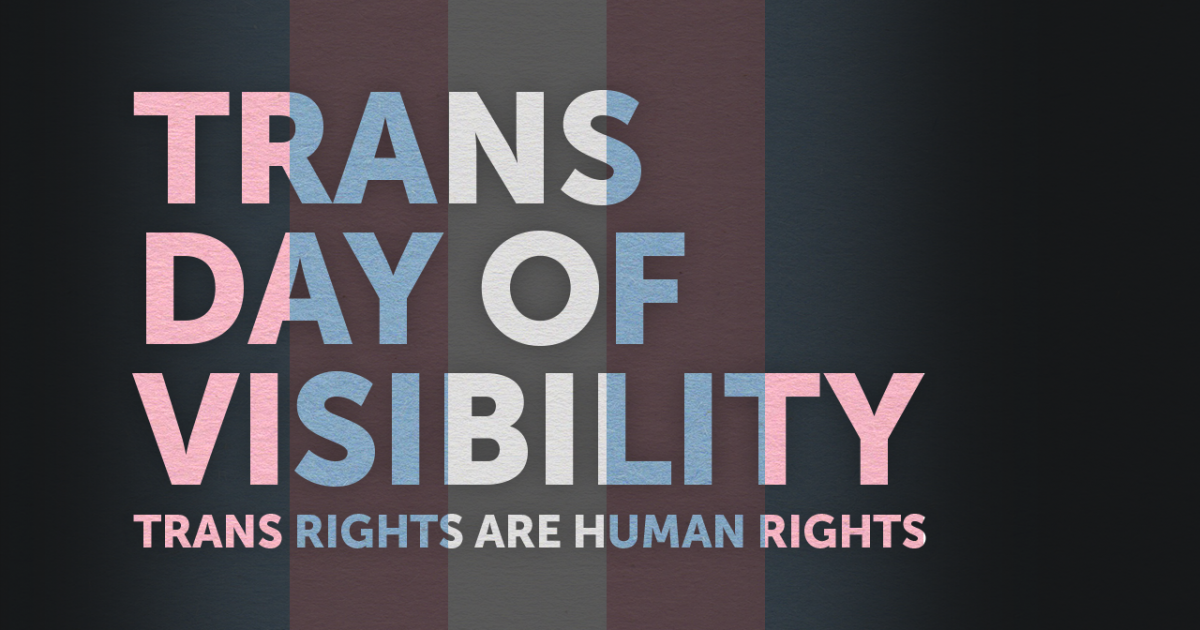Don’t let Pride give in to hate
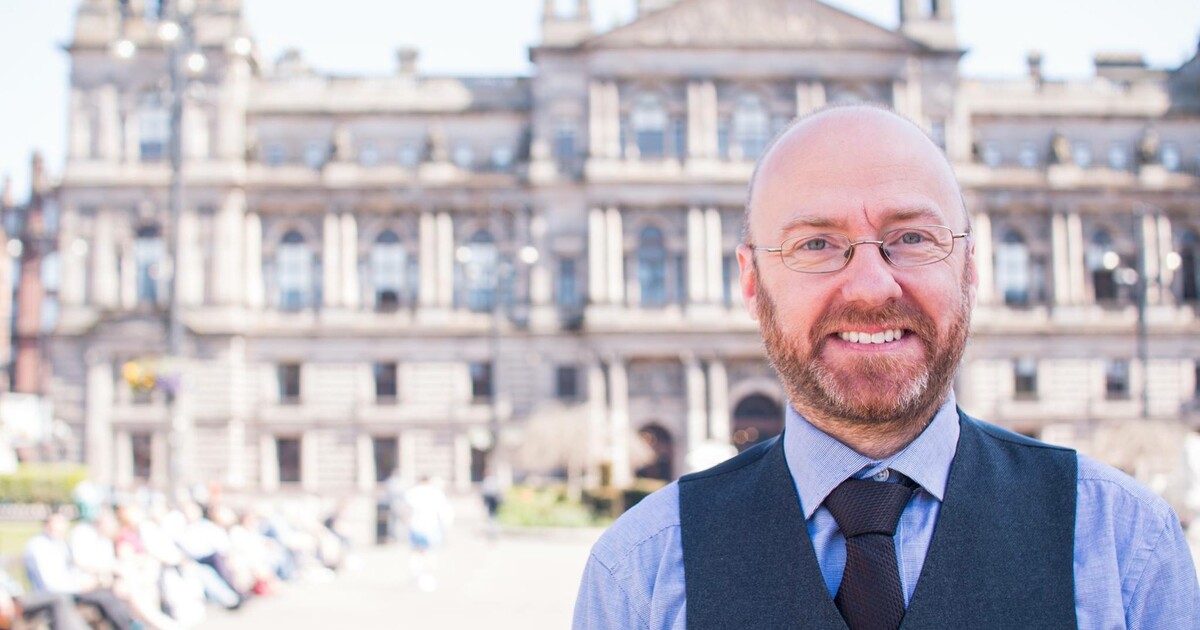
My first Pride march was in London nearly 30 years ago, during my first year at University.
Still reeling from the culture shock of moving from Dumbarton to Manchester with its vibrant queer community, I was both overjoyed and bewildered to be part of an event so huge that it transformed the city.
An estimated 100,000 people – lesbians, gay men, bisexual people, trans people and more – marched, chanted and partied together long before the acronym LGBT had ever been coined.
It’s easy to forget where our community stood then. Section 28 had just been passed; it would still be years before Scotland would see its first Pride event, and indeed Scottish gay men had only been decriminalised around a decade earlier.
The media tropes demonising us were relentless. We weren’t safe to be around children. We wanted to ‘recruit’ or ‘convert’ them. We shouldn’t be teachers, we shouldn’t be doctors. If we were out, we were flaunting it and should just shut up. If we were in the closet, we were shamefully hiding something people around us had every right to pry into. We were confused or afflicted and should be pitied. We were predatory or infectious and should be feared.
This was the normal, daily media torrent, and was taken up by politicians, judges and chief constables. I can’t imagine what it would have felt like if we’d also had to contend with social media’s echo chamber effect.
Some people don’t have to imagine that. The people living with the same kind of tropes and the same torrent of media hostility today are trans and non-binary people, and especially trans women. Online, the angry amplification worsens the impact on people’s mental health, and makes others feel they can’t ask questions at all, even if they’re sincerely trying to understand the issues.
Evidence of the impact is real. This week’s figures on rising hate crime against trans people are absolutely terrifying. But should we be surprised, in the current climate?
This Saturday’s Pride event in Edinburgh came days after the Scottish Government again delayed overdue reform of the Gender Recognition Act. It came in the wake of the Scottish Parliament hosting an anti-trans speaker who has been banned from Twitter for violating their policy on abusive and hateful conduct, and after Scotland’s well respected trans-inclusive women’s and feminist organisations have been effectively accused of putting women at risk in exchange for funding.
Edinburgh Pride was mostly a great event, with many thousands of people marching together and celebrating our community.
But this was the first time I have seen such an aggressive online backlash against Pride. People have been abused with language right out of a 1980s Sun column. Photos have been used on social media to shame people for bringing their kids to Pride. I have been accused without any basis whatsoever of misogyny and inciting violence, merely for opposing transphobia in my speech at the march.
It’s dismaying that anyone would turn up to Pride with a placard explicitly opposing the rights of trans people in our own community, or spend hours doing the same thing online, but some people appear sadly determined to persuade us that trans people are a threat to women, and that their human rights conflict. Both trans and cis women (by their own definitions) have expressed feeling fearful in that atmosphere.
The truth is that trans and non-binary people have always been part of our community, whether we called ourselves queer, lesbian and gay, LGBTI+, or anything else. They have played a vital, active role from the Stonewall uprising onward. We have stood together and won progress.
If we abandon that solidarity now, we will all regret it. There are profound threats to social progress – not least to women’s rights – around the world, from attempts to repeal domestic violence legislation to the roll-back of abortion rights, and from campaigns against sex education to far right co-option of the idea of free speech.
If the campaign against trans people is successful, don’t kid yourself that these same forces won’t be unleashed against other groups. Maybe me. Maybe you. Certainly someone you know. This is a time to stand together.
This piece first published in Scotland on Sunday
